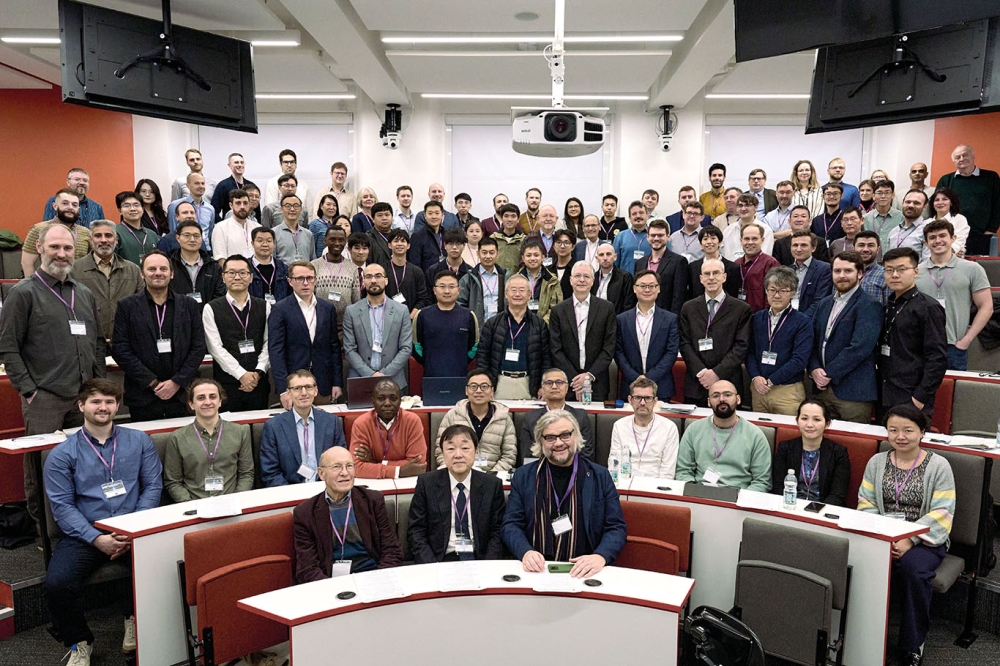Former JDSU execs cleared of insider trading
A jury in Oakland, California, has found JDSU and four of its former executives not guilty of fraud and insider trading.
The case against ex-CEOs Jozef Straus and Kevin Kalkhoven, former CFO Anthony Muller, and former COO Charles Abbe was brought by the state of Connecticut, whose public pension funds lost millions of dollars when JDSU s stock price nose-dived in 2000-2001 amid the wider telecoms crash.
The class action lawsuit alleged that the JDSU executives had known all about the impending slump, but that rather than warning investors about it, had instead profited by dumping their own stock while covering up the industry s problems.
Kevin Kennedy, JDSU s current CEO, welcomed the result: "We are extremely gratified by the jury s verdict, as we have always believed that the plaintiffs claims were without merit."
Though he may have been confident of the outcome, Kennedy will no doubt also be somewhat relieved, as a decision against JDSU could have financially crippled the Milpitas-based maker of optoelectronic chips and modules.
In its most recent 10-K filing with the US Securities and Exchange Commission (see link), JDSU said of the lawsuit: "Although the complaint does not specify the amount of damages sought, plaintiffs stated in recent court filings that they seek more than $20 billion in alleged damages."
Boom; bust etc.
In the fiber-optic boom of the late 1990s, JDSU s stock price, along with many of its peers, rocketed to previously unthinkable highs.
The company s paper value enabled its senior managers to make a series of major acquisitions, culminating in July 2000 when JDSU announced its intention to buy the laser chip maker SDL in a stock deal valued initially at a staggering $41 billion (see related story).
At the time, SDL was reporting quarterly sales in the region of $75 million.
As it turned out, JDSU s share price had already peaked before the SDL announcement - at more than $1200 in early March 2000. But only one year later, JDSU stock had plummeted by more than 80 per cent to around $200, while in mid-2005 it bottomed out at close to $10, representing a fall of more than 99 per cent in five years.
While they were cleared of all charges, there is no doubt that the executives did profit from what, with the benefit of hindsight, now looks like an absurd boom period during 1999-2000.
Venture capitalist Kalkhoven, for example, became the CEO of Uniphase, as it was then known, in 1992. At that time, Uniphase was a privately-held industrial laser manufacturer.
Kalkhoven shifted the firm into fiber-optics and oversaw the creation of "JDSU" through a merger with JDS Fitel in July 1999, before retiring as company CEO in May 2000 and setting up his venture firm.
Then in 2003, the motor sports fan set up his own race team, called PKV Racing, later entering the Champ Car World Series. And after that, in a move that echoed his vertical integration strategy while at JDSU, Kalkhoven and a colleague also bought the engine maker Cosworth Racing.
For the record, PKV drivers Neel Jani and Tristan Gommendy finished 9th and 12th, respectively, in the 2007 Champ Car rankings. At the Nasdaq closing bell on November 27, a share in JDSU was worth $13.16.































